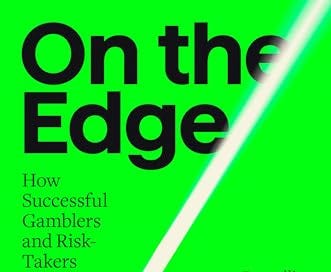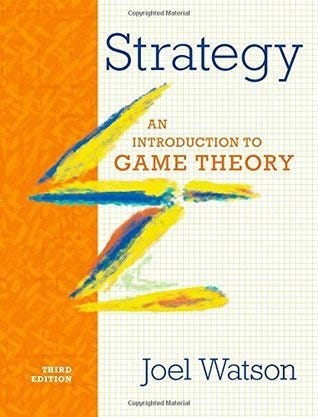If you’re interested in watching any of our matches, all of them are on ESPN+
Monday 11/4
I recently finished a couple of books so I thought I’d share a few thoughts on each one. But first, two paragraphs on why I’m reading books like these.
Like many coaches, I took an interest in psychology as a way to improve my coaching. Psychology is a broad field, but there are many books about certain psychology topics that end up in coaches’ collective sights. These books are often by popular science authors like Malcolm Gladwell or David Epstein and sometimes those kinds of books lead coaches a little further down the rabbit hole to books by actual psychologists, like Daniel Kahneman. A perfect example is reading The Undoing Project by Michael Lewis and then reading Kahneman’s Thinking, Fast and Slow.
Somewhere during studies for my master’s degree, as I was learning more and more about statistics, I recognized a disconnect between how statisticians think about the word “risk” and how the general public thinks about the same word. Coaches are much more likely to be members of the general public than to be statisticians, so you probably think about risk in a way that statisticians don’t. Another book by Kahneman, Noise, gets into that difference. His book is focused how human misunderstanding influences decision making. One area of misunderstanding is risk, and Kahneman, through prospect theory, has researched loss aversion, which is associated with perceptions of risk. As I’ve delved further into decision making and statistics, risk keeps coming up. Game theory studies strategic interactions and provides a way to understand decision making from a mathematical perspective. So, if I want to better understand how coaches make decisions in competition, I think I should study game theory and risk as well.
On the Edge by Nate Silver
I’ve been a fan of Silver’s work since reading “The Signal and the Noise” over ten years ago. His first book was part of my introduction to statistics and analytics and his latest book came out as I’ve been getting into game theory, risk, and decision making theory. To be honest, this book came a few months too late for me only because I had already read several popular science-type books about those topics so I didn’t need Silver’s explanations of some elementary concepts. But, I will say that his explanations are excellent and the first two chapters of On the Edge is a great place to start if you’re interested in how to approach risk and how others in the world approach risk.
After those opening chapters, the book becomes a series of stories about different people that characterize different places on “the River”. I learned plenty about venture capitalists, effective altruists, rationalists, gamblers, and about Sam Bankman-Fried. While the book is interesting and readable, I had been hoping for it to be centered more around risk and decision making than it was. But that’s a me problem, and it would be unfair to Silver to say that he didn’t write a good book because it wasn’t the book I wanted him to write. It is a good book. It was worth the time I put into it and I learned about things that I wanted to learn about as well as things I hadn’t expected to learn about.
Strategy: An Introduction to Game Theory by Joel Watson
In contrast to On the Edge, which, as a popular science book, was always intended to be about a variety of topics and people, this book is all about one subject, game theory. This book, as its title indicates, is an introductory textbook that would be useful for students who aren’t necessarily well-versed in the logic and math that game theory relies on. I found it incredibly helpful in explaining concepts but also in explaining some common symbols and variables that simpler texts don’t use and more advanced texts use without explaining. In that sense, the book sits in a space that many advanced novices will appreciate. It contains a wide variety of topics, both basic and advanced, and explains those topics using multiple examples. The appendices are helpful as well.
The book is perfect for someone who has a decent working knowledge of basic game theoretical concepts but is looking to expand their knowledge. It pushed me to think more and question the understanding I had gained from other books. If you’re interested in the topic but don’t have any background in it yet, I recommend starting elsewhere, like Game Theory or Game Theory: A Nontechnical Introduction to the Analysis of Strategy instead. If you’re looking for a more popular science-type book to get into game theory and risk, I learned a lot from Game Changers: Stories of the Revolutionary Minds behind Game Theory and Against the Gods: The Remarkable Story of Risk as well as the first chapters of On the Edge.
I’ll be presenting at the AVCA convention next month and I hope you can attend both the convention as a whole and my session in particular. My session, scheduled for Saturday, 12/21 at 11:30am, is called “Risk _____ to Win _____: Identifying and Managing Competitive Opportunities”.





